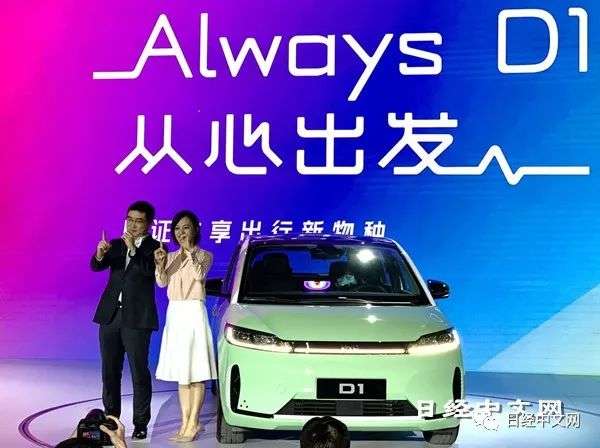An executive of a large Japanese car company said that for automakers, “it may become Apple’s contractor and lose autonomy.”
Editor’s note: This article is from the micro-channel public number “Nikkei Chinese net” (ID: rijingzhongwenwang), Author: Nikkei Chinese network.
Tabida Shunsuke: The possibility of American Apple, which has been driving the IT (information technology) industry such as smartphones, has increased in the automotive field. Apple is expected to adopt the same business model as smartphones, entrusting the manufacturing of pure electric vehicles (EV) equipped with autonomous driving technology to external companies. If it is successfully realized, it will definitely have an impact on the structure and power map of the global automobile industry.
After Reuters and Taiwanese media reported Apple’s involvement in the auto business at the end of 2020, the stock prices of high-tech companies in China and the United States went up together. In the United States, Velodyne LiDAR and other companies that develop the sensor “LiDAR”, which is equivalent to the “eyes” indispensable for autonomous driving, have attracted attention, while in China, large-scale automotive battery companies such as CATL are involved in pure electric vehicles. Parts companies are getting attention.
Analysts from European and American automotive research companies stated that “Apple’s pure electric vehicles will become a ‘high-tech aggregate’, implying the possibility of a reshuffling of important parts manufacturers that affect car performance.”
It is said that “Apple Cars” will bring a huge impact to the auto industry is the horizontal division of labor in the field of smartphone design and production. It focuses on design and production to Taiwan’s Hon Hai Precision Industry and other electronic manufacturing service (EMS) companies. Some analysts believe that in the field of pure electric vehicles, Apple itself will also focus on the overall design including autonomous driving technology, while entrusting production to outsiders. The vertical integration model of automakers from design to production will be shaken.
In fact, in China, the automotive industry is also moving towards a horizontal division of labor. Didi Chuxing, China’s largest ride-hailing software, used by about 550 million people worldwide, released a dedicated pure electric vehicle in November last year. Didi plans to strive to reach 1 million pure electric vehicles by 2025, and it is responsible for the production of BYD (BYD) in China, which has made achievements in the field of pure electric vehicles under its own brand. There are reports that Baidu’s own-brand pure electric vehicles, which is the leading Internet giant in the development of autonomous driving technology in China, are also discussing entrusting production to Zhejiang Geely Holding Group.
For the production of “Apple Cars”, the Canadian auto parts company Magna International (Magna InternAtional) is a strong candidate, but Hon Hai, which is said to be cooperating in the field of smartphones, has also shown interest.
Car manufacturers also proposed cooperation intentions. Hyundai Motor of South Korea announced on January 8 that it is discussing cooperation with Apple. Said that “negotiations are still in the early stages”, but if a large number of production orders for Apple cars can be obtained, the operating rate of the factory will increase, which is expected to help stabilize revenue.
Of course, an executive of a large Japanese car company said that for car manufacturers, “it is possible to become Apple’s contractor and lose autonomy.” The dominant position of automakers that were previously at the apex of the auto industry pyramid may be shaken. However, there are also views that take BYD, which has decided to cooperate with Didi to OEM pure electric vehicles, as an example, it has obtained the “fruits” of increasing production and expanding revenue.
Asian companies have already focused on “Apple cars” and started to act. Are Japanese companies ready? It is difficult to completely eliminate the worries of repeating the mistakes of the smartphone and home appliance industries that were taken away by Korean and Chinese companies.
